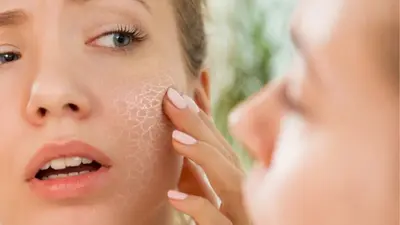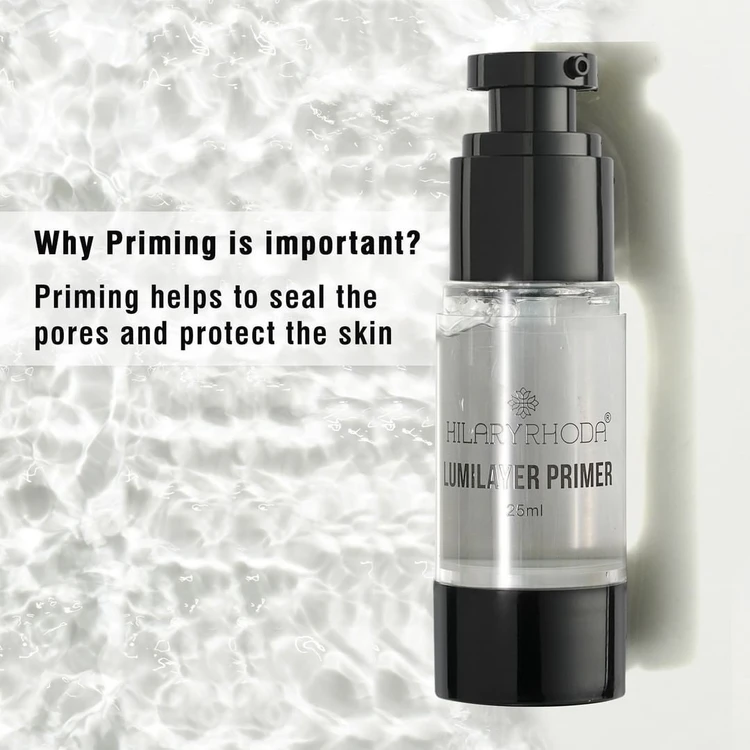The Importance of Sunscreen: Safeguarding Your Skin from Harmful UV Rays
In our modern world, the importance of sunscreen is more crucial than ever. As awareness grows about the dangers of ultraviolet (UV) radiation, it’s vital to recognize the essential role sunscreen plays in protecting our skin. This article will explore the many facets of sunscreen, including its benefits, types, and how to apply it effectively. By the end, you’ll understand why sunscreen should be a fundamental part of your daily skincare routine.
How it impacts our skin.
To start, let’s clarify what UV radiation is and how it impacts our skin. UV radiation, which comes from the sun, is categorized into two main types: UVA and UVB. UVA rays penetrate deeply into the skin and are primarily linked to premature aging and skin cancer. On the other hand, UVB rays are responsible for sunburn and can also contribute to skin cancer. Therefore, it’s essential to use sunscreen that offers protection against both types of UV radiation to maintain healthy skin.
Sunscreen has advantages beyond merely avoiding sunburn. Regular use can significantly lower the risk of skin cancer. Numerous studies have shown that individuals who consistently apply sunscreen experience a reduced incidence of melanoma, the most dangerous form of skin cancer. This statistic underscores the importance of making sunscreen a daily habit, regardless of the season or weather.
Sunscreen not only prevents cancer but also delays the onset of aging.
However, UV radiation exposure over time can cause wrinkles, fine lines, age spots, and more.. By applying sunscreen daily, you can shield your skin from these signs of aging and preserve a youthful appearance. Many sunscreens also contain antioxidants and other beneficial ingredients that promote overall skin health.
Use a broad-spectrum sunscreen that offers protection from UVA and UVB radiation.
There are a number of considerations to make while choosing the best sunscreen. First, use a broad-spectrum sunscreen that offers protection from UVA and UVB radiation. The sun protection factor (SPF) rating should also be taken into account. Dermatologists advise applying a sunscreen with an SPF of at least 30 for sufficient protection. Although more protection is provided by higher SPF ratings, it’s crucial to keep in mind that no sunscreen can completely filter UV radiation.
The formulation of the sunscreen is also key. Sunscreens come in various forms, including lotions, creams, gels, and sprays. While all can be effective, choose one that aligns with your skin type and personal preferences. For instance, those with oily skin might prefer a lightweight gel, while individuals with dry skin may benefit from a moisturizing cream.
Proper application is crucial for maximizing sunscreen’s effectiveness. Apply it generously to all exposed skin at least 15 minutes before sun exposure to allow for optimal absorption. Do not forget to reapply every two hours, or more frequently if you are perspiring or swimming. Many people underestimate how much sunscreen they need, so ensure you cover all areas thoroughly.
It’s also essential to remember that sunscreen should be used year-round, not just in summer. UV rays can penetrate clouds and reflect off surfaces like water, sand, and snow. Therefore, even on cloudy days or during winter, sunscreen should be part of your daily skincare routine to protect against cumulative sun damage over time.
When it comes to children and sunscreen, instilling good sun protection habits early is vital. Children’s skin is more sensitive and vulnerable to UV damage, making it even more important to protect them. Parents should apply sunscreen to their children before outdoor activities and teach them the importance of reapplying throughout the day. Additionally, consider using protective clothing, hats, and sunglasses as part of a comprehensive sun safety strategy.
Some common myths about sunscreen.
It’s also important to dispel some common myths about sunscreen. The idea that people with darker skin tones don’t require sunscreen is one that is widely held.. While it’s true that darker skin has more melanin, which offers some natural protection against UV rays, it is not immune to sun damage. Everyone, regardless of skin tone, should use sunscreen to guard against harmful UV radiation. Another myth is that sunscreen is only necessary during extended outdoor activities. In reality, even brief sun exposure can lead to skin damage over time. Therefore, incorporating sunscreen into your daily routine is essential, even for short walks or errands.
Conclusion
The importance of sunscreen cannot be overstated. It is an essential tool for preventing premature aging, lowering the risk of skin cancer, and shielding our skin from damaging UV radiation. You may greatly improve the health and appearance of your skin by selecting the best sunscreen, applying it appropriately, and incorporating it into your daily routine. Keep in mind that everyone benefits from year-round devotion to sun protection. Make sunscreen a priority in your skincare regimen and enjoy the outdoors safely.











